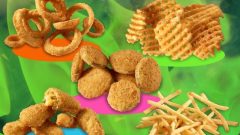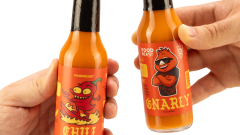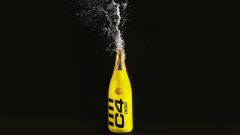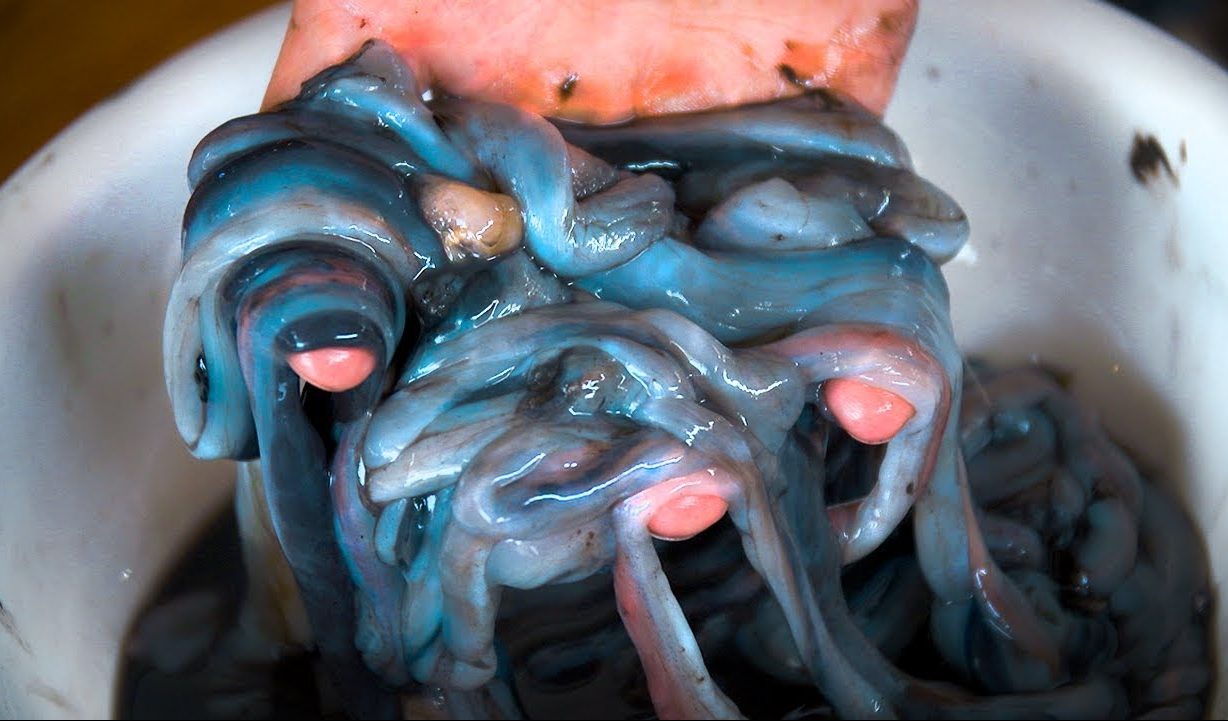9th Grader Discovers Popular No-Calorie Sweetener is Made from Insecticide

For those of you who love the guilt-free experience of no-calorie sweeteners, you may want to reconsider how important your sweetened coffee really is. According to the new study published in PLOS One, Truvia, the popular calorie-free sweetener, contains insecticides.
To make Truvia, stevia extract — a natural sweetener found in nature by way of the stevia plant — is blended with erythritol crystals. The insecticide erythritol is one of the main components of Truvia.
So, who discovered that erythritol is an insecticide? Oh, you know, just ninth-grader Simon D. Kaschock-Marenda. He ran an experiment with his dad, the study’s lead researcher Daniel Marenda, to observe the effects of sugars on the longevity of the fruit fly. Apparently, Simon wanted to test the health benefits of Truvia when he noticed his parents began using artificial sweeteners instead of sugar.
The duo found that flies exposed to Truvia lived only 5.8 days compared to 38.6-50.6 days for flies who’d been given control foods. However, don’t panic yet: while erythitol is toxic to insects, it might still be safe for humans to eat.
Erythritol is a sugar alcohol, containing significantly less calories than table sugar and occurring naturally in many fruits. It turns out we consume it pretty frequently; it’s found in chocolate, melon, grapes, yogurt, even your precious Vitaminwater.
In the end, the discovery could be a good thing and lead to insecticides that are safe for humans and less harmful to the environment. Until then, taking our coffee black doesn’t sound so bad.
H/T Bustle






















